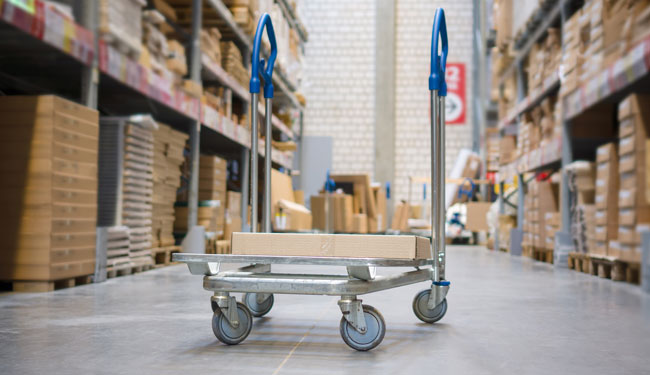Premises Liability Cases
Premises Liability is holding those who own or occupy property legally responsible for accidents and injuries that occur on their property. For premises liability to apply, the plaintiff must be an invitee and cannot be a trespasser on the property. There must also be a wrongful act or negligence involved for there to be a viable case.
The owner of the property must supply a standard of care to those who are invitees or licensees. The obligations of the owner include providing reasonable safety standards and conditions for the invitees or licensees and posting appropriate warnings. If the owner has knowledge of a dangerous condition and does not take reasonable action to fix or warn of that condition they could be held liable if someone is injured on their property.
If the owners are aware that trespassers may enter their property they may be held responsible for giving reasonable warnings to conditions. This is usually only if it is in respect to artificial conditions that the owner created or maintains and may cause serious injury or death. Even if there are dangerous conditions, the owner may not need to give warning if the conditions are obvious. Owners should also warn if children are not authorized to be on the property or if the conditions are likely to cause harm to them.
Another important factor to remember regarding premises liability is that a commonly used limitation is comparative fault. A guest or invitee should exercise reasonable care for his or her own safety. Depending on the percentage of fault that the injured person has, there damages are usually lowered that amount.
Source: Findlaw, “Premises Liability Who Is Responsible?” June 18, 2013.
